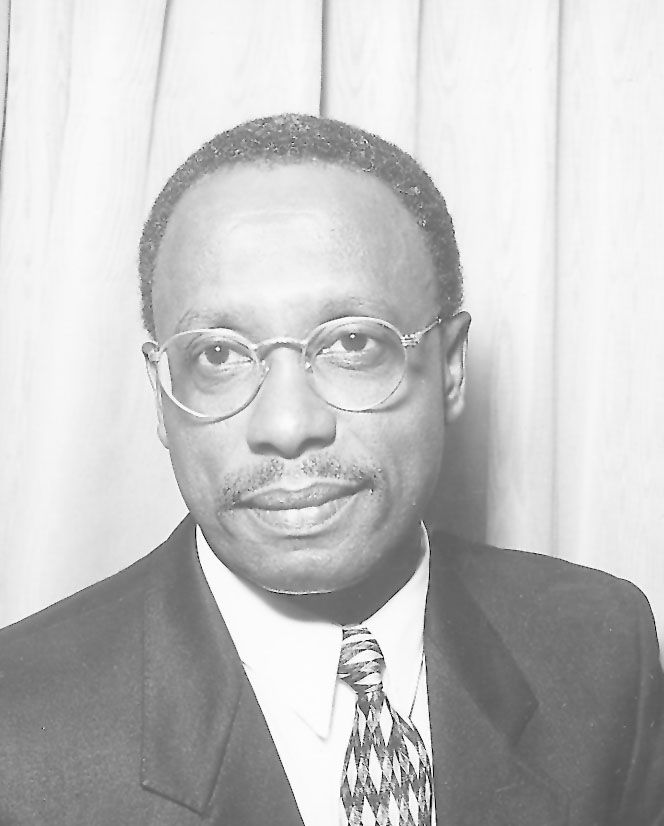The A New United Guyana (ANUG) party is set to be launched in another two weeks’ time at a press conference at which announcements will be made, according to one of its founders Ralph Ramkarran SC.
The launch of the party was brought forward in the aftermath of the vote in favour of a no- confidence motion against the government brought by the opposition People’s Progressive Party/Civic on December 21, 2018 and the expectation that the government has to hold fresh general elections within 90 days of the approval of the motion.
Another of the founding members, Dr Henry Jeffrey told Stabroek News yesterday that the founding members and supporters are in discussions on the structure of the party and its leadership, which will be elected at a general members meeting. Leading the steering committee of the party are businessman Terrence Campbell and attorney at law Timothy Jonas.
While the party hammers out its outreach programme to attract members and its campaign strategies, Jeffrey said that since the announcement of the new party was made in the media, a number of people have been calling to find out more about it and have expressed an interest in joining up.
While business people are interested in providing support, he said, many of them do not want to do so publicly for fear of victimization. Businessmen in particular, who are conscious of new investments with the emerging oil and gas sector and who want a more stable political climate than what the opposition People’s Progressive Party/Civic (PPP/C) or A Partnership for National Unity+Alliance For Change (APNU-AFC) have been unable to provide, he said, are also showing an interest in ANUG.
“They want to know the dynamics of the political process we are experiencing,” he said.
Some young people, he said, have also come forward to show their support to the process.
Asked about comments heard about the age of the leaders of ANUG and how they will be able to carry out their political duties, Jeffrey said that the founders are a mixture of experienced and young professionals.
The criticism about the seniority of some, he said, was irrelevant given the mess that former President Bharrat Jagdeo made of Guyana’s social, political and economic landscape having taken over the reins of Government at a young age. Former presidents Forbes Burnham and Dr Cheddi Jagan were all young politicians, he said, “who screwed us up” at one time or the other.
Former president Desmond Hoyte as an elder, he said, “turned Guyana around and Dr Jagan started to do some positive things later when he became president.”
He said Jagan admitted he made mistakes due to “youthful exuberance.”
This chronological issue of age, he said, should never be a problem once there is a blend of experience to guide youthful exuberance.
Asked about funding, he said, announcements will be made at the launch. In the meantime, he said, some business people locally and in the diaspora, particularly in the United States, have committed to providing some level of funding.
As a former member of a PPP/C cabinet asked why he was no longer supporting the PPP/C, he said, after Dr Jagan died, the PPP went haywire in trying to establish ethnic dominance.
“They tried to diminish the Blacks and Black institutions. The PPP practised the most blatant ethnic discrimination in this country,” he charged.
The PPP was now talking about shared governance which was on the APNU agenda, he said.
In terms of the APNU+AFC, he said, they reneged on their major platform of constitutional reform. Had they focused on that as one of their important agenda items, he said, they would have gotten the support of Guyanese.
For years, he said, it was bandied about that politicians should not be allowed to set their own salaries and the APNU+AFC coalition, he said, had said they would set up an independent commission to fix the salaries for public servants in the higher brackets. “The first thing the APNU+AFC did on taking office was to set their own salary,” he argued.






